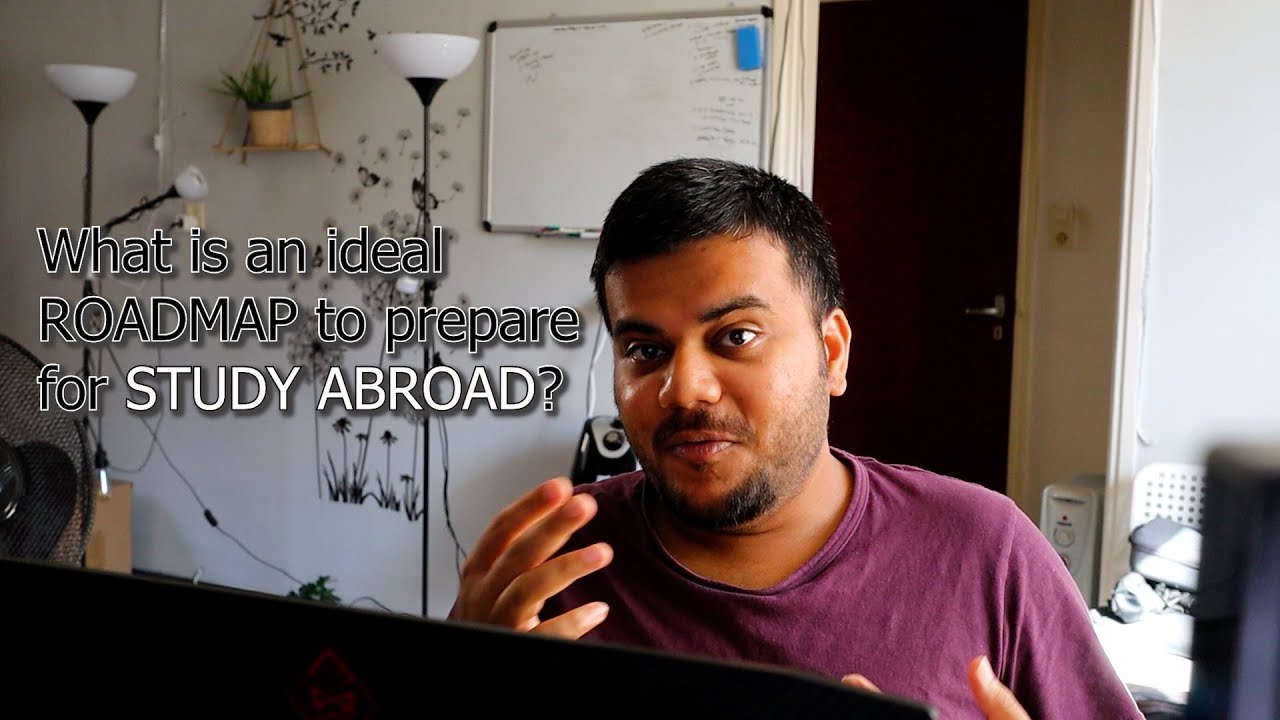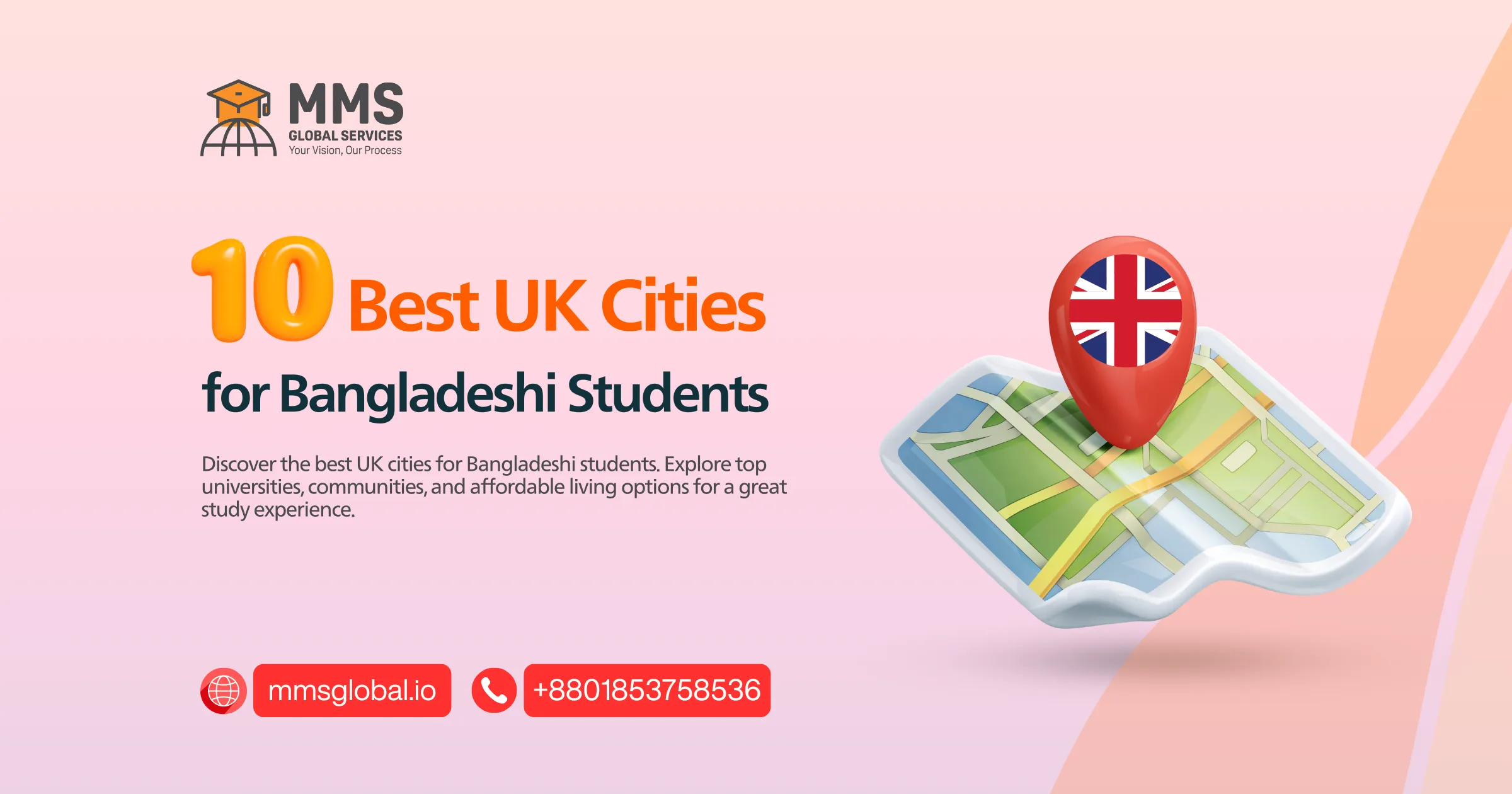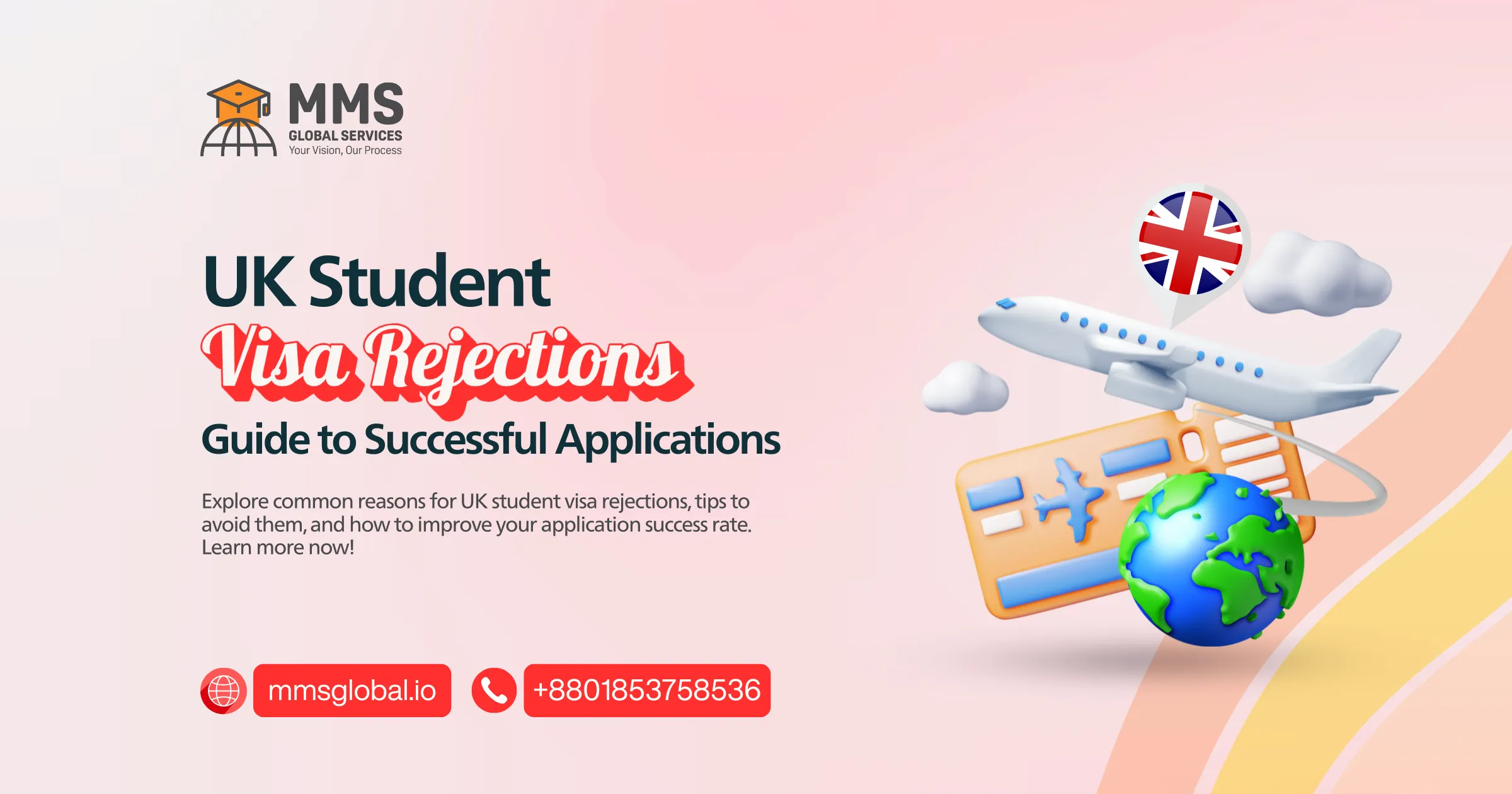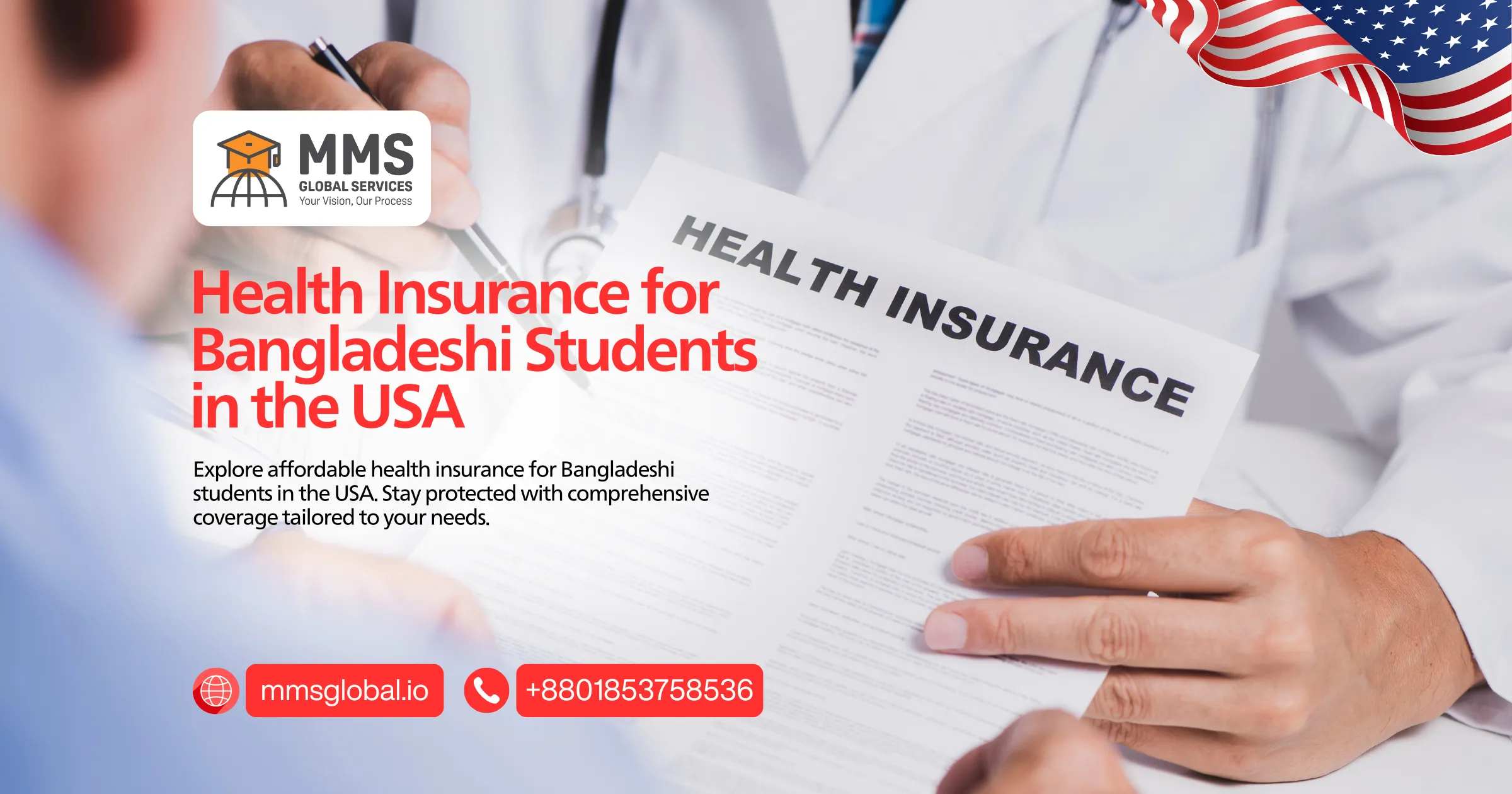Preparing for studying abroad can seem overwhelming. But with the right help, it can be a great adventure. We aim to guide you through this journey, helping students from all over. Our goal is to give you a detailed guide on preparing for studying abroad, with tips and advice.
We’ll cover everything from getting ready for classes to adjusting to a new culture. This is important because tuition fees and living costs can be high. Our checklist will help you make the most of your time abroad and create lasting memories.
Our guide will give you key info on how to prepare for studying abroad destination. You’ll learn about scholarships, visa needs, and where to live. We’ll also share tips on cultural experiences, language skills, and health planning. By the end, you’ll know what it takes to succeed as an international student and how to enjoy your time abroad.
Essential Steps to Prepare for Studying Abroad
Starting our journey to study abroad requires careful planning. We need to focus on the key elements that will make our experience successful. It’s important to set clear academic goals and choose the right university and program.
Preparing to study abroad means researching the best country and university for us. This can be tough, but by looking at factors like reputation, location, and cost, we can make a good choice. Up to 30% of students face culture shock, showing the importance of thorough preparation.
Setting Your Academic Goals
Setting clear academic goals is the first step. We need to decide what we want to achieve and what program fits our goals. This helps us narrow down our options and choose the best fit.
Choosing Your Destination Country
Choosing the right country is also key. We should think about another country culture, language, and living costs. While 80% of US students choose Europe, we should also look at other options that fit our goals and budget.
Selecting the Right University
Choosing the right university is essential. We should look at reputation, location, and cost. By researching these factors, we can make a choice that will help us succeed in our study abroad journey.
Key Resource: One of the most common hurdles for international students is drafting a powerful SOP. It is more than just a personal statement; it is your academic and professional roadmap. Learn the essential components of a powerful SOP and avoid common mistakes with our expert breakdown.
Creating Your Timeline and Deadlines
Planning for studying overseas requires a timeline and deadlines. This helps you stay organized and on track. Start researching and discussing your options 9-12 months before you leave. This gives you enough time to explore different student exchange programs.
Setting realistic goals and deadlines is key. Study abroad program deadlines are usually four months before you leave. Scholarships have deadlines that match your home university’s schedule. Knowing these deadlines helps you plan your actions over time.
Here’s a basic plan to follow:
- 12-18 months before departure: Research and select a study abroad program
- 9-12 months before departure: Begin the application process and gather required documents
- 6-9 months before departure: Apply for a student visa and complete health checkups and vaccinations
- 3-6 months before departure: Secure accommodation arrangements and register for courses
- 1-3 months before departure: Start packing and ensure all necessary items are accounted for
By following this timeline, you can make the most of your study abroad experience. Stay organized and explore student exchange program tips to enhance your time abroad.
| Country | Research and Exploration Timeline | Preparation and Submission Timeline | Admission and Visa Processing Timeline |
|---|---|---|---|
| Canada | 12-18 months before application | 9-12 months before application | 6-8 months before application |
| Australia | 3-4 months before academic term | 1-2 months before academic term | 1 month before academic term |
| UK | 4-6 months before application | 3-4 months before application | 1-2 months before academic term |
Pro Tip for USA Applicants:
Your visa processing timeline should always include dedicated time for mock interviews. Since the interview at the US Embassy in Dhaka typically lasts only 2-3 minutes, you need to be concise and confident. Read our 12 essential tips for the US Embassy interview to make every second count.
Visa Requirements and Documentation
When we plan to study abroad, knowing the visa needs is key. The visa process can be tricky, but with the right help, we can get through it. Choosing a university is just the start; we also need to think about adjusting to a new culture.
Recent studies show that 60% of students find proving their financial status hard. To tackle this, it’s important to know what documents are needed. These usually include a valid passport, proof of money, a health certificate, language test scores, and school records. Giving the right documents helps make the visa application go smoothly.
Here are some main things you need for a student visa:
- Admissions in recognized institutions: Must have confirmed admission
- Proof of funds: Required to demonstrate ability to cover education and living expenses
- Language proficiency tests: Non-native English speakers must take tests like IELTS, TOEFL, or PTE
- Health check-ups and insurance: Medical examinations and health insurance are mandatory
Knowing what visa requirements and documents are needed helps us prepare better for traveling abroad. This means making a plan, picking the right university, and getting ready for cultural changes. This way, we can have a great time studying abroad.
| Country | Visa Type | Processing Time |
|---|---|---|
| USA | F-1 visa | 3-5 weeks |
| UK | Tier 4 student visa | 3-5 weeks |
| Canada | Study permit | 4-12 weeks |
By following these tips and knowing the visa needs, we can boost our chances of getting a student visa. This makes our plans to study abroad a reality.
Financial Planning and Budgeting
When we plan to study abroad, money matters a lot. We must think about living costs, tuition, and other expenses in our new country. Knowing the local language helps us get around and find what we need. Plus, staying safe and healthy is key to a good experience.
To make a budget, first look up the costs of things like food, flights, and living in your host country. Use tools like Mint and Numbeo to keep track of your spending. Talking to people who have studied abroad can also help you understand budgeting better.
Some important costs to think about when budgeting for study abroad include:
- Housing costs, which can vary a lot based on where you live and your lifestyle
- Food and travel costs, which can go down by cooking at home and using public transport
- Cell phone plans and other small expenses, which can be cut by using student discounts
By focusing on what’s important and making a detailed budget, we can have a financial backup. It’s wise to save at least $1,000 for unexpected costs. With good planning and budgeting, we can enjoy our study abroad time without overspending.
Academic Preparation and Requirements
Getting ready to study abroad is key to a great experience. We must plan our academic path well. This includes knowing what tests and language skills are needed, and picking the right courses. About 70% of international students pay for their studies themselves, showing how important it is to be ready.
Being good at the language of the host country is vital. Many schools ask for English tests like IELTS or SELT. We should find out what language tests our university needs and get ready. Also, knowing the courses and curriculum at our new school helps us fit in and do well.
- Research the academic requirements of the host university
- Prepare for standardized tests and language proficiency exams
- Understand the course selection strategy and curriculum
By taking these steps, we can make sure our study abroad journey is successful and fulfilling. This way, we’ll be ready for overseas education.
Healthcare and Insurance Planning
When you’re getting ready to study abroad, think about health and safety. It’s key to plan for healthcare and insurance. Many places need health insurance for a student visa. Over 80% of international students face health issues abroad, showing how common they are.
Getting health insurance is a must. Medical costs can be from $500 to $10,000, depending on the issue. We suggest buying insurance early to avoid big bills. Students with insurance before arrival face 50% less financial stress from medical costs.
Look into Cigna Global, HCCMIS, and Foyer Global Health for insurance. They offer flexible payments and cover for routine care and dental emergencies. For instance, Cigna Global has different payment plans, and HCCMIS covers up to $500 for dental emergencies.
When picking insurance, look at coverage limits and deductibles. You’ll also need to show your admission and visa documents. By focusing on health and safety, international students can have a great study abroad experience. A good international student guide can help make the most of your time abroad.
| Insurance Provider | Coverage Limits | Deductible Amounts |
|---|---|---|
| Cigna Global | $50,000 to $1,000,000 | Varying deductible amounts |
| HCCMIS | $50,000 to $1,000,000 | $0 to $5,000 |
| Foyer Global Health | €100,000 to €200,000 | Varying deductible amounts |
Cultural Adaptation Strategies
When we plan to study abroad, it’s key to think about how to adjust to the culture. Choosing the right university is just the start. We also need to get to know the local culture and customs. About 70% of international students feel culture shock in their first few months, showing the importance of good cultural adaptation strategies.
To deal with cultural differences, we can start by improving our cross-cultural communication skills. This means being open, respectful, and eager to learn about the local ways. Studies show that 80% of international students find their experience better when they understand the local customs. Joining clubs or societies can help us make friends and feel more at home.
Here are some tips for cultural adaptation:
- Research the local culture and customs before moving to a new country
- Join local clubs or societies to meet new people and make friends
- Be open-minded and respectful of cultural differences
- Set personal goals for your stay to help you stay focused and motivated
By using these tips and being proactive, we can make our study abroad experience rewarding. Cultural adjustment strategies are vital for success in a study abroad program. By understanding cultural differences, improving our communication skills, and preparing for culture shock, we can face the challenges of studying abroad and reach our academic goals.
| Strategy | Benefits |
|---|---|
| Joining local clubs or societies | 60% higher rate of satisfaction with experience |
| Setting personal goals | 75% of international students find cultural adaptation easier |
| Researching local culture and customs | 55% higher success rate in adapting |
Accommodation and Living Arrangements
When we plan to study abroad, finding the right place to live is key. Studies show that 79% of students say the right place makes their experience better. We need to think about cost, location, and safety to have a great time studying abroad.
Accommodation costs can change a lot based on where you are and what you choose. Dorms usually cost between $500 and $1,200 a month, depending on the local currency exchange rates. But sharing a house can be cheaper than renting a private apartment. It’s smart to look around and compare prices to find what fits our budget and needs.
Here are some important things to think about when picking where to live:
- Cost: Living with a host family can be 20-40% cheaper than renting a private place.
- Location: Being close to school and local spots makes life easier and more fun.
- Safety: It’s important to check if the place is safe to make sure we’re okay.
Choosing the right place to live is important for a good study abroad experience. As part of our guide, we should also think about fitting in with the culture and joining local groups. With the right place, we can focus on learning and enjoying our time abroad.
| Accommodation Type | Average Cost | Location |
|---|---|---|
| Student Dormitory | $500-$1,200 per month | On-campus or near university |
| Homestay | 20-40% lower than private apartments | Varies |
| House Sharing | Up to 50% more affordable than private apartment | Varies |
Essential Items to Pack
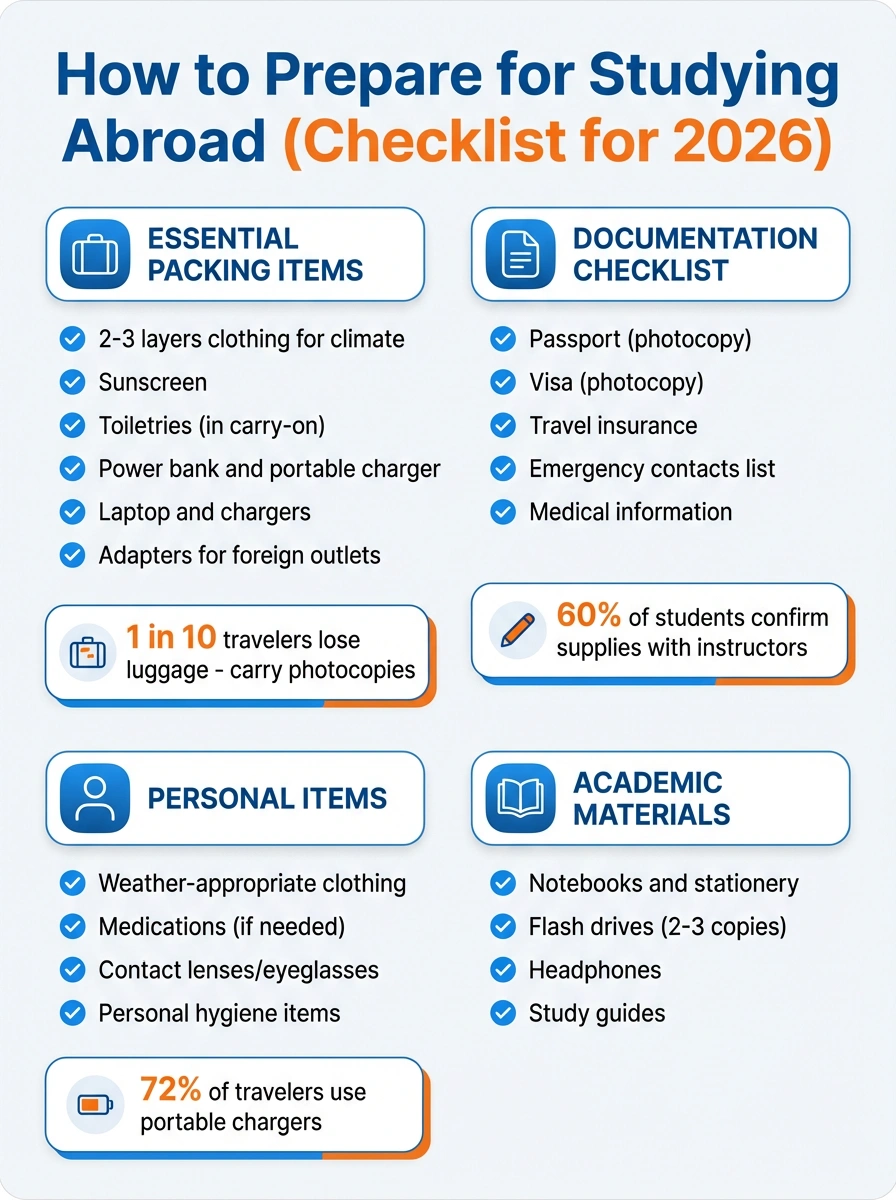
When getting ready to perfect study abroad, packing the right items is key. We need to make sure our belongings are ready for the journey. This means packing smartly and efficiently.
Did you know 1 in 10 travelers lose their luggage? It’s important to have backups. Carry photocopies of important documents like your passport and visa. Also, pack essential toiletries in your carry-on for easy access.
Documentation Checklist
Having a checklist for documents is essential. Include photocopies of your passport, visa, and travel insurance. Don’t forget a list of emergency contacts and any medical info you might need.
Personal Items
Think about the weather in your foreign country when packing personal items. For colder climates, pack 2-3 layers. Don’t forget sunscreen, as it can be pricey abroad.
Academic Materials
Academic materials are also important. About 60% of students check with instructors to make sure they have the right supplies. Remember to pack a portable charger and power bank, as they’re vital for 72% of travelers.
By following these tips, we can have a great study abroad experience. Pack wisely, efficiently, and be prepared for your journey.
Building Your Support Network
When you’re getting ready to study abroad, building a support network is key. This network can include friends from other countries, university staff, and local people. About 30% of students find it hard to make friends abroad, which can make them feel lonely. But, getting involved in campus life can boost your happiness by up to 80%.
Connecting with others who have similar interests is important. You can join clubs, study groups, or volunteer to meet new people. In fact, 50% of volunteers say they made a new friend through these activities. As a guide for international students, we suggest trying these out to make your experience better.
Here are some ways to grow your support network:
- Join expat groups to meet people from your home country and feel less homesick
- Take part in cultural exchange programs to learn more about different cultures
- Go to networking events, like career fairs, to meet professionals and students
- Use online platforms, like LinkedIn, to get noticed and find opportunities
By following these tips and building a strong network, international students can have a great time abroad. As part of our guide, we urge students to focus on making friends. This can improve their well-being and make their education more fulfilling.
Creating a support network takes time and effort. But with the right approach, international students can succeed and enjoy their time abroad.
| Activity | Benefits |
|---|---|
| Joining student organizations | More friends, better grades |
| Participating in study groups | Better grades, more support from peers |
| Volunteering | More friends, deeper cultural understanding |
Pre-Departure Safety and Emergency Planning
When we’re getting ready to study abroad, health and safety are top priorities. It’s not just about being ready for classes. We need to know about risks and how to stay safe. Knowing emergency plans, travel insurance, and local help is key.
The U.S. Centers for Disease Control and Prevention (CDC) says knowing about health risks in your destination is vital. Vaccines needed can change based on where you’re going. Make sure to check what health and safety steps you need to take in your study abroad country.
Important things to think about before you go include:
- Registering with your home country’s travel advisory department
- Getting travel insurance that covers medical costs and getting you back home
- Learning about emergency plans and local help
By focusing on health and safety, students can enjoy their studies more. Travel insurance is also a good idea to cover unexpected costs. Look around for the best insurance for you.
It’s also important to get used to local healthcare and culture. Knowing the local healthcare and customs can help you fit in better. Researching the local way of life can make your study abroad experience better and more enjoyable.
| Category | Recommendation |
|---|---|
| Travel Insurance | Secure travel insurance that includes medical evacuation and repatriation of remains |
| Emergency Procedures | Understand emergency procedures and local resources |
| Local Healthcare | Familiarize yourself with the local healthcare system and cultural norms |
Embarking on Your International Education Journey
Follow the checklist in this studying abroad essentials article for a smooth start to your international student guide. Stay organized, keep yourself safe, and be ready for new experiences. With the right attitude and overseas education readiness, you’re set to explore and discover.
If you’re from Bangladesh, this guide is for you. It’s packed with tips and strategies to help you achieve your dreams. So, take the leap, broaden your world, and let your international education journey transform you.



